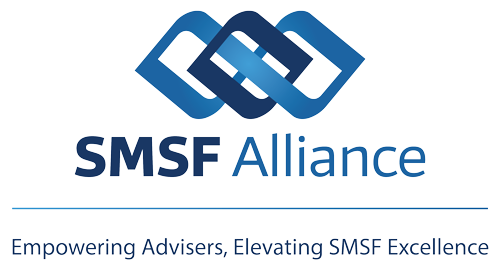Two recent court decisions may well herald a rise in SMSF audit fees. It has long been understood that SMSF trustees should take responsibility for their own investment decisions. There have been claims against advisers and lawyers for inappropriate advice, but auditors have been relatively unscathed – until now.
In both cases the trustees willingly entered into investments in private arrangements that they did not understand. The auditors were presented with accounts that did not adequately describe them. Because the auditors did not make sufficient enquiries as to the nature of these investments, and so did not qualify the accounts, they were held to be primarily liable for the losses incurred. No doubt auditors will require more information on “non-standard” investments in future and their professional indemnity insurers will be considering these developments with interest. We can also expect to see a significant increase in qualified audits. For those who want more detail;
In Ryan Wealth Holdings Pty Ltd v Baumgartner [2018] NSWSC 1502 the trustees, following advice from Moylan, invested $7m with Moylan. Moylan made several unsecured loans on the fund’s behalf. He also prepared the SMSF accounts. Baumgartner audited those accounts. The court found that, had the auditor alerted the trustees about the risk of these investments, they would have commenced recovery action some 5 years earlier than they did and been able to recoup more of their capital.
The auditors said they relied on Moylan’s accounts, but Justice Walton found that they recognised that the loans and investments had been made to entities connected with Moylan so should have qualified their audits. The court apportioned 80% of the loss to the auditor and 20% to Moylan.
The second case was Cam & Bear Pty Ltd v McGoldrick [2018] NSWCA 110.
Bear took advice from his friend, Lewis, and agreed that Lewis could invest on his behalf. Lewis lead Bear to believe that he had invested in listed shares and cash when he had loaned the funds to his company, LSL Holdings. The accounts recorded the investment as Cash-LSL Holdings. The auditor queried Lewis who said that Bear was fine with this description. The auditor did not query Bear.
The Supreme Court of NSW found that, while the auditor had been negligent, this had not caused the loss. The NSW Court of Appeal disagreed and found that the failure to investigate the recoverability of the amounts and to tell Bear that the loans might not be recoverable caused 90% of the loss.


